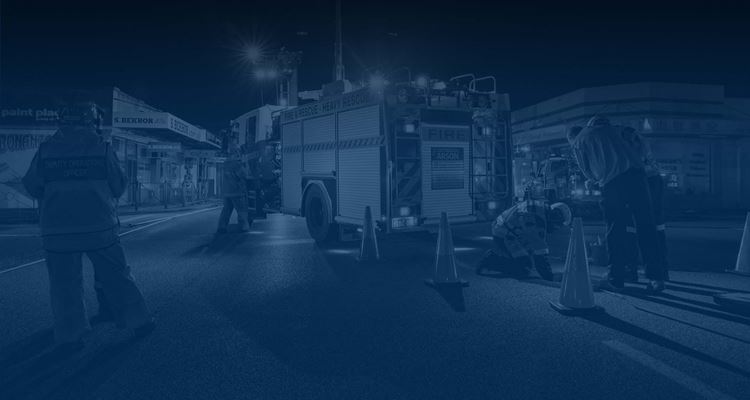Home fires fall in line with temperatures
Western Australia has experienced its quietest June on record for home fires, and emergency services are encouraging the community to remain vigilant as cold, wet weather sweeps parts of the State.

The Department of Fire and Emergency Services (DFES) responded to 59 home fires in June, 25 per cent below the average for the first month of winter. This follows a trend of decline in 2020, with firefighters responding to 383 home fires from January to June this year, the lowest number in a decade.
Home fires are typically more common in winter, given the increased use of potential electrical hazards such as heaters, clothes dryers, power boards and other household appliances.
Most fires around the home are preventable. Electrical faults and unattended heat sources such as cooking and heating appliances remain the leading causes of home fires in 2020.
Acting Fire and Emergency Services Commissioner Craig Waters said the reduced number of fires was a positive start to winter, but the recent bout of severe weather was a reminder that the weeks ahead represented an increased risk.
“We’re not just talking about statistics – every fire we attend can have a profound impact on someone’s life, and it’s fantastic that we saw less of those fires in June and throughout the first half of this year,” Acting Commissioner Waters said.
“However, we want this trend to continue and that’s why we’re encouraging everybody to take a few small but critical steps to protect yourself and your family.
“We expect people will continue to spend more time indoors while these cold and wet conditions persist, which means it’s likely they’ll be using heating appliances and dryers more frequently.
“Check and maintain your heating and electrical appliances, ensure fireplaces and chimneys are clean and clear of residue, and keep all materials at least one metre from heat sources.
“We’ve also seen an increase in the number of fires caused by lithium-ion batteries left on charging devices in recent years, which poses another risk when people are spending more time at home.”
Acting Commissioner Waters said smoke alarms can provide the critical early warning needed to save lives and minimise property damage.
“Ensure your smoke alarm is working properly and develop a home fire safety plan, so everyone understands how to leave quickly and safely. It could be the difference between life and death.”
For more information about home fire safety visit dfes.wa.gov.au/safetyinformation/fire/fireinthehome
END
Media Contact: DFES Media and Corporate Communications 9395 9543

